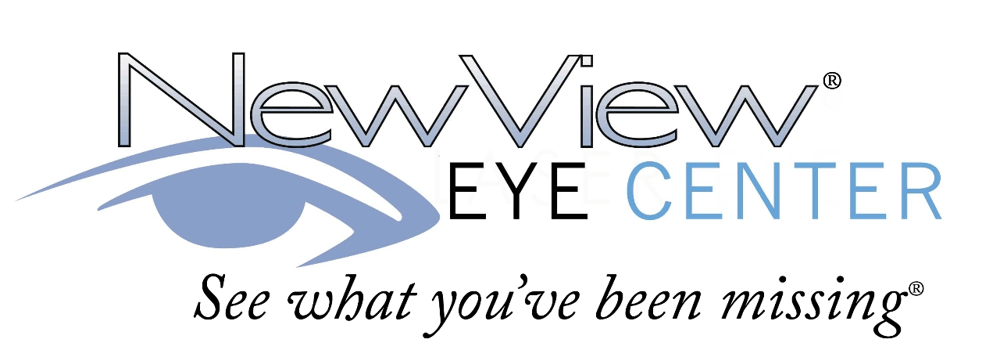Reading Vision Solutions
Reading Vision Solutions
Many people in their 40s and 50s come into our office complaining that their near vision is getting worse and they are worried that they are becoming farsighted. In reality, most of these latter patients are experiencing the signs of presbyopia.
When this occurs, patients have 4 choices:
- Glasses or contact lenses
- Monovision Lasik/PRK/EpiLase
- Refractive Lens Exchange
Refractive Lens Exchange
Refractive lens exchange (RLE) is a procedure that can improve your reading vision. The process involves removing the natural eye lens and replacing it with an artificial Intraocular Lens (IOL) that is designed specifically to help you achieve the clear vision you want. After a comprehensive evaluation, our doctors can recommend the right type of IOL to meet your vision requirements (monofocal, multifocal, trifocal, extended depth of focus, accommodating and Toric).
RLE is very similar to cataract surgery – but you do not have to have cataracts to experience the benefits. In fact, you may even be spared the experience of developing cataracts in the future!

Difference Between Farsightedness & Poor Reading Vision
- True farsightedness (hyperopia) is the result of the eye being shorter or having a flatter cornea so light entering the eye focuses behind the retina. This causes blurry vision for reading and performing other up-close tasks.
- Presbyopia is the term for how the eye lenses begin to age after age 40. With each passing year, the eye lenses become a little less flexible and a little more rigid. This makes it more difficult for the lenses to flex enough to focus on things like text messages, restaurant menus, medicine bottles and more – especially in low light.
Traditional prescription glasses and contact lenses can help farsightedness; reading glasses and bifocals can improve presbyopia. However, the daily hassles of maintaining and keeping track of lenses cause many people to look for treatment options.
How Refractive Lens Exchange Works
This procedure is done in an outpatient surgical center. Our doctors begin the RLE procedure by applying numbing eye drops to the eye being treated (only one eye is treated during the visit). You remain awake during the procedure; the eye drops numb the sensation of pain for most patients. When the eye is ready, the doctor makes a small incision on the cornea to gently break up and remove the natural lens and insert the new lens. The procedure typically takes about 15 minutes and the incisions heal naturally without any stitches.
Refractive Lens Exchange Recovery
Plan to allow yourself a week to recover from RLE. Your final vision results may take a bit longer to achieve as your vision stabilizes. Your new lens will not be noticeable to other people and you won’t even know it is there – you’ll just be reminded of how great life can be without lenses.
To find out if refractive lens exchange in Reston, VA, is right for you, contact us today to schedule a free LASIK Consultation.
What is Presbyopia?
The vision condition of presbyopia happens to almost everyone at some point in their lives. While you may not know the term presbyopia, you may know the main symptom…the need for reading glasses.
Reason for Presbyopia
As we age, the natural lens of the eye becomes less flexible. The eye muscles can no longer flex the lens enough to accommodate for close-up vision. This condition typically begins after age 40 and becomes gradually worse.
Common Symptoms of Presbyopia
- Difficulty reading, especially in low light conditions
- Eyestrain after reading for extended periods
- Headaches when doing close-up work
- Blurry near vision
- Need to hold reading materials far away to see them clearly
Treatment Options for Presbyopia
Many people view presbyopia as a sign of getting older, and they dread wearing reading glasses in public. If you are troubled by your inability to read menus, books and more, there are treatment options.
- NearVision CK (Conductive Keratoplasty)
- Refractive Lens Exchange
- Bifocal lenses
- Monovision contact lenses, where one contact is set for distance vision and the other contact is set for close-up vision
Presbyopia is not a disease and it cannot be prevented. It’s simply one of life’s inevitables for most people. To learn more about your treatment options for presbyopia in Reston, VA, contact us to schedule an eye exam.

